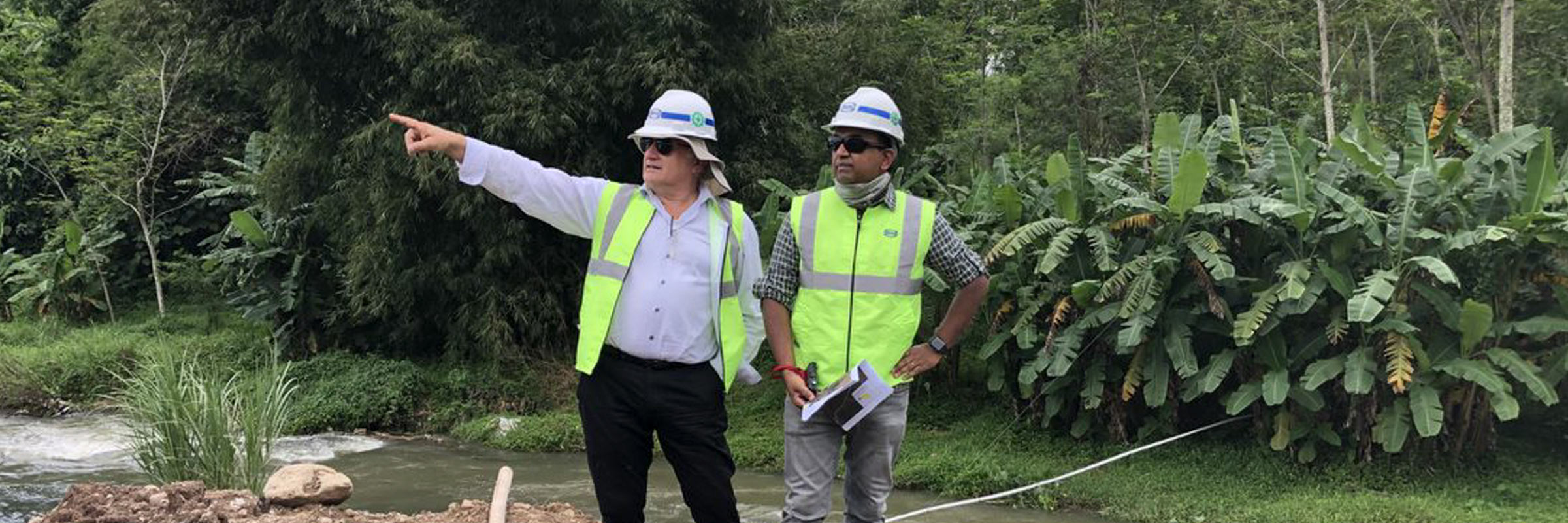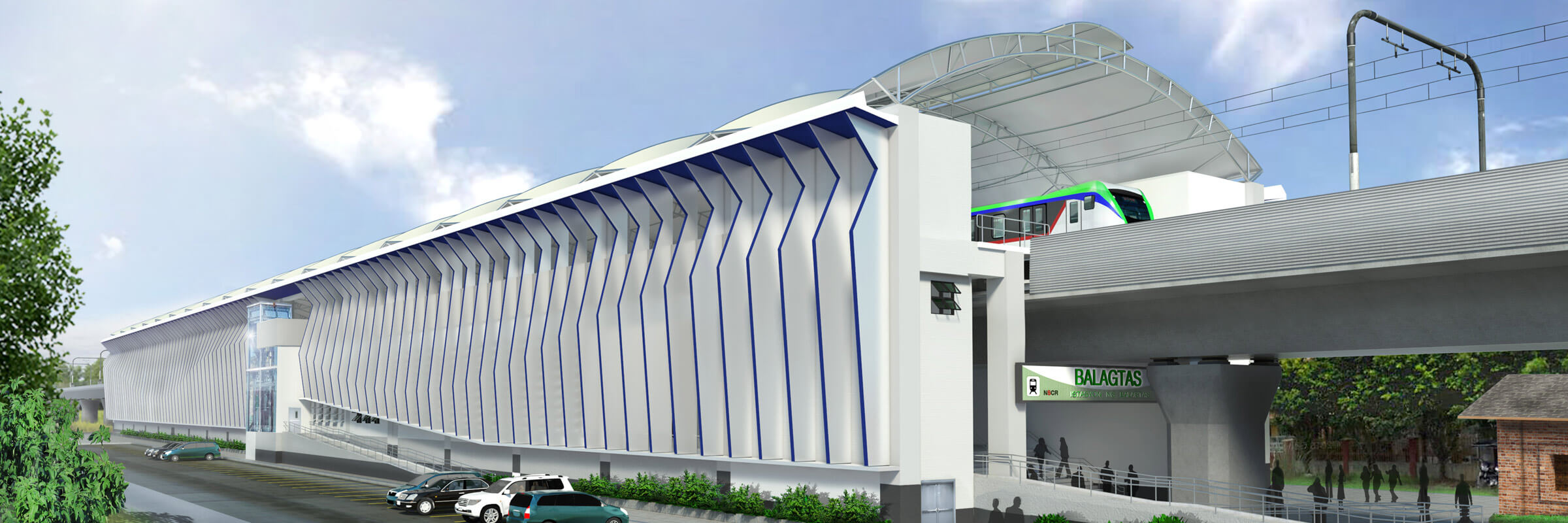
Q: What do you think the future holds for hydropower in the context of sustainability?
Zaglul Khandkar: Sustainable hydropower is a renewable source of energy which will play a crucial role in achieving global climate and development goals. Hydropower currently generates 16% of the world’s electricity; through greater visibility and ongoing development, sustainable hydropower can make a significant contribution to the global renewable energy market. As an established technology, sustainable hydropower provides flexible storage and grid services at scale to support the accelerated growth needed in the renewable energy market, alongside wind and solar energy sources. In achieving global net zero goals, sustainable hydropower can be a viable contributor.
Q: What is the Hydropower Sustainability Standard?
Zaglul Khandkar: The Hydropower Sustainability Standard is a global certification scheme, outlining sustainability expectations for hydropower projects around the world. Hydropower has a key role to play in our clean energy transition. The Standard helps ensure hydropower projects provide net benefits to the local communities and environments they interact with.
The Hydropower Sustainability Standard certification is the driving mechanism to achieve the vision of making sustainable hydropower the norm and the only global certification scheme to accredit projects for sustainability practices. Organisations can certify their projects sustainability performance by meeting the minimum sustainability expectations across a comprehensive range of topics using up-to-date and sector specific sustainability guidance.

Q: What is assessed for a sustainable hydropower project?
Zaglul Khandkar: According to the UN Global Compact “Corporate sustainability starts with a company’s value system and a principles-based approach to doing business. This means operating in ways that, at a minimum, meet fundamental responsibilities in the areas of human rights, labour, environment and anti-corruption. Responsible businesses enact the same values and principles wherever they have a presence and know that good practices in one area do not offset harm in another”.
Aligned with these principles, the certification assessment is conducted by independent third-party Accredited Assessors who collects objective evidence from a variety of sources to provide an unbiased and evidence-based evaluation of a project’s sustainability performance according to the performance requirements of the Hydropower Sustainability Standard. A project’s strengths and opportunities for improvement are assessed across a range of sustainability topics including, climate change mitigation and resilience, communications and consultation, governance and procurement, water quality and sediments, environmental and social assessment and management.
Once a project has been successfully assessed, a certification status is issued based on the outcome. There are three certification statuses:
- Certified: A project must meet all minimum requirements on all relevant topics to achieve Hydropower Sustainability Standard Certified label.
- Certified – Silver: To receive the Hydropower Sustainability Standard Silver label, projects must meet at least 30% of the advanced requirements on each relevant topic.
- Certified – Gold: To receive the Hydropower Sustainability Standard Gold label, projects must meet at least 60% of the advanced requirements on each relevant topic.

Q: What are the benefits to accrediting hydropower projects as Certified Sustainable?
Zaglul Khandkar: Organisations can greatly benefit from accrediting their hydropower projects as Certified Sustainable under the highly recognised and regarded Hydropower Sustainability Standard.
Benefits include:
- Provides assurance to communities, governments, investors and other parties of your project’s environmental, social and governance potential.
- Identifies your project’s strengths, weaknesses and ways to approve aligned with international sustainability best practice.
- Improves potential for development by unlocking green finance.
Q: Zaglul, as one of twelve globally accredited Hydropower Sustainability Assessors, how can you help organisations accredit their projects as Certified Sustainable?
Zaglul Khandkar: I work with organisations to accredit hydropower projects as Certified Sustainable, through conducting an assessment where objective evidence is collected to provide an unbiased and evidence-based evaluation of your projects sustainability performance as aligned with the current and up-to-date Hydropower Sustainability Standard. Certifying your projects is a cost-effective viable way to ensure your project is recognised as high-performing and sustainable, making it easier to unlock green finance for further development.
Zaglul Khandkar
Principal Environmental Scientist, SMEC
Zaglul is a certified environmental practitioner, certified impact & sustainability assessor and environmental project manager with extensive experience leading environmental studies and investigations across major infrastructure projects. Zaglul has been involved in more than 50 projects across 30 countries.
For more information on SMEC’s work in hydropower click here and for more information on the Hydropower Sustainability Council click here.
Connect with Zaglul:
Related
insights
 Q&A with Colin Vaughan – Preserving Australia’s unique biodiversity
Q&A with Colin Vaughan – Preserving Australia’s unique biodiversity
Australia is renowned for its diverse ecosystems, made up of distinct and varied flora and fauna. Approximately 93 per cent of flowering plants in Australia are not found anywhere else in the world(1). Therefore, balancing national development with the protection of Australia’s unique biodiversity is crucial to a more resilient, sustainable future.
 Q&A with Julian Howard – The Future of Waste and Resource Recovery
Q&A with Julian Howard – The Future of Waste and Resource Recovery
The Waste industry is undergoing an exciting evolution towards a circular economy with sustainable waste management practices being adopted across Australia. State and Federal government policy are driving this sustainable change which will benefit our environment, communities and production of renewable energy for the future.






